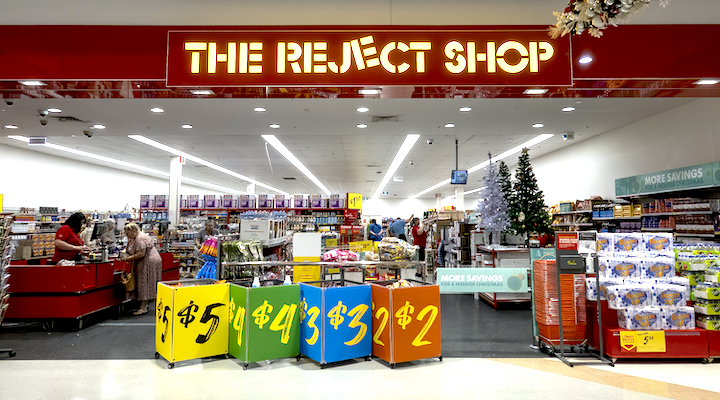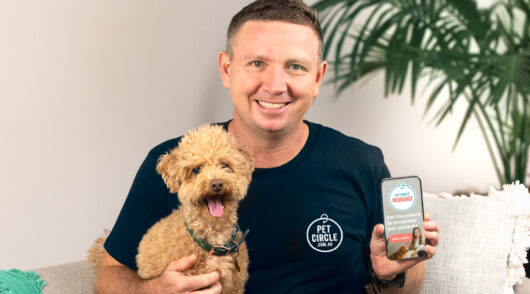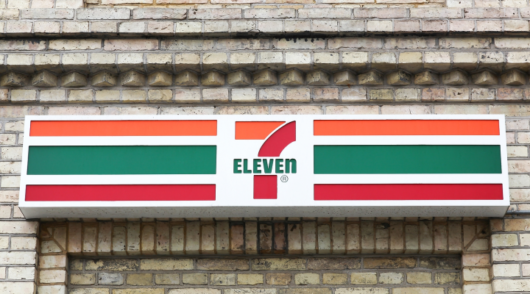Despite a rocky start to the financial year, discount variety retailer The Reject Shop says its sales have improved steadily since March.
For the 53-week period, sales grew by a marginal 1.2 per cent to $788.2 million while tax-paid profit fell 5 per cent to $7.9 million.
Comparable store sales fell 2.2 per cent for the year as unfavourable trading conditions and Covid-related lockdowns during the peak Christmas trading period impacted the first half.
The cost of doing business rose 1.3 per cent compared to the previous period while earnings before income and taxes fell 5 per cent to $17.6 million.
Phil Bishop, CEO of The Reject Shop, sees a “significant opportunity” to grow the company by evolving its product offering and maintaining its low-price position.
“Australians are facing significant cost of living pressures driven by interest rate rises, elevated petrol prices and broad-based consumer goods inflation. I believe we can have a meaningful impact by offering our customers both branded consumables as well as general merchandise at a low price.”
The company opened 22 new stores during the year – primarily in neighbourhoods and strip locations in both metro and country areas – but closed 14 underperforming stores, taking its store count to 369.
Chairman Steven Fischer announced the company has decided to invest up to $10 million to buy back some of its shares, owing to its strong balance sheet.
“Management has worked hard to navigate through a number of Covid-related challenges including lockdowns and the disruption associated with the emergence of the Omicron variant. We enter FY23 in a strong financial position and with a positive sales momentum,” he said.






